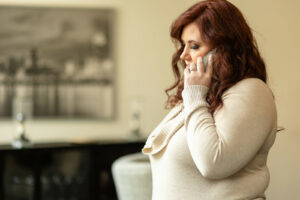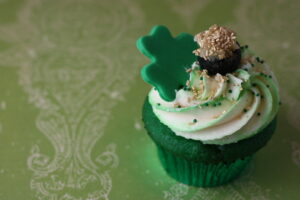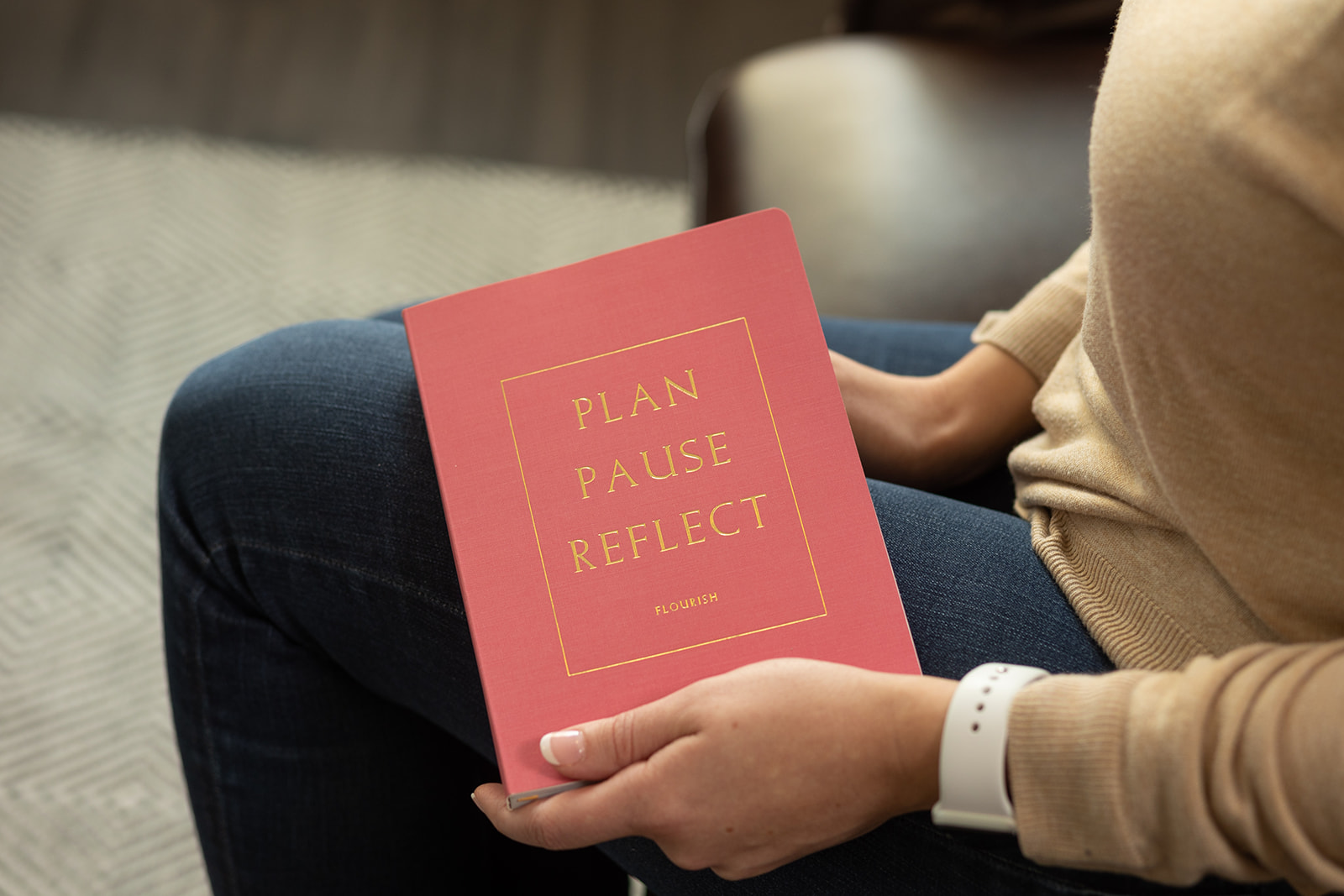Whether you’re Irish or not, St. Patrick’s Day is widely celebrated throughout the U.S. with, what seems like, the main goal being to drink as much as possible. This time of year can be especially challenging for those trying to maintain their sobriety. For one, winter weather doesn’t help inspire positive emotions in many of us. There’s the temperature, lack of sunshine, difficult-to-navigate snow and/or ice, that all can make it difficult to get out and about. Some people may be feeling the residual effects of the winter holidays like Christmas, New Years, and even Valentine’s Day. Plus, we’re more than two years into a global pandemic that has been a source of stress, anxiety, and frustration for just about everyone. Then society throws in a holiday that glorifies drinking as a way to celebrate. All of this can be a recipe for disaster for those trying to maintain sobriety.
Here are some things you can do to make it through this time with your goals in check:

1. Plan ahead!
Don’t wait until March 17th to come up with a game plan. Think of things you like to do now that don’t include drinking or using other substances. Some Irish-Esque ideas include:
 2. Call or text some supportive people in your life now and make plans that will support your sobriety. Plan to celebrate with them!
2. Call or text some supportive people in your life now and make plans that will support your sobriety. Plan to celebrate with them!
Text someone or multiple people now. Let them know your intentions and see if they can help brainstorm some things that you can do together. Or, if that isn’t possible, see if you can have supportive people reach out to you regularly throughout the day to check in with you. Have them set calendar reminders on their phone or see if you could call them at certain points.
 3. Identify your triggers for use, how they might sneak up on you during this holiday, and cope ahead for how you’ll manage those triggers.
3. Identify your triggers for use, how they might sneak up on you during this holiday, and cope ahead for how you’ll manage those triggers.
Common triggers can be TV and radio commercials glorifying alcohol use and consumption, billboards, local festivities like parades, family/friends making plans, etc.
Now that you know what your triggers are, how are you going to manage those triggers? Although it’s important that you come up with your own plan, here are some ideas:
-
Call a friend or positive support system (If you are part of a comprehensive DBT program with 24/7 phone coaching, you can call your therapist and ask for help using DBT skills to cope!)
-
Practice relaxation techniques
-
Make a pros and cons list for maintaining sobriety and a pros and cons list for NOT maintaining sobriety. This will help you validate your experience and bring into perspective why this is important to you.
-
Know your goals and why maintaining your sobriety is important to you and keep a reminder, like a picture, on you that you can grab easily if that urge hits, or set it as your background on your phone’s lock screen
-
Practice DBT skills like self-soothing, distracting, or urge-surfing
-
Have your inspiring mantra easily accessible either in your mind, on your phone, written down somewhere (e.g., “This too shall pass,” “don’t give up now,” “I am in control of my own life”)

4. Now that St. Patrick’s Day is here, time to implement all these strategies.
You planned for this, you have your supports in place, your coping skills are ready to go. Avoid certain places that could encourage you to drink, like bars or restaurants. Avoid people you used to drink/use with. Rehearse what you’ll say if someone asks you if you want to drink; a simple “No, I’m all set” is plenty. Follow through on your game plan. If you committed to certain plans like hanging out with supportive friends, making a special meal, watching a movie, etc., see those plans through. Set your background on your phone to something or someone that reminds you of your goals, keep your pros and cons list on you, and save the numbers of people/hotlines you can call if you feel like you need to. If you experience any emotions or urges associated with drinking or substance use, notice those, notice the sensations those bring up in you, and separate yourself, reminding yourself “I am not my thoughts/emotions/urges.” Don’t forget to urge surf by imagining yourself on a surfboard, riding the waves of your urges. Notice them ebbing and flowing, rising high and low. Notice yourself riding the waves and NOT succumbing to them, NOT drowning in them, but skillfully riding them.
You can do this!
About the Author
Maria Mangione (she/her), M.A., LPCC is a licensed clinical counselor that specializes in dialectical behavior therapy. Maria works to help people develop the tools they need to develop trust in themselves and build their life worth living. Maria believes in having meaningful connections with her clients and believes that therapy and healing can be fun. Click Here to learn more about Maria’s experience and therapeutic style.
Additional resources:
-
A free, confidential, 24-hour hotline for those struggling with alcohol: 888-315-1679, https://www.therecoveryvillage.com/alcohol-abuse/alcohol-hotline/
-
SAMHSA’s National Hotline- 1-800-662-HELP (4357), or via text message 435748, https://www.samhsa.gov/find-help/national-helpline
-
Alcoholics Anonymous: https://www.aa.org/
-
Other programs:
-
Self-Management and Recovery Training (SMART) Recovery https://www.smartrecovery.org/
-
Women for Sobriety– https://womenforsobriety.org/
-
Secular Organizations for Sobriety (S.O.S)- https://www.sossobriety.org/
-
LifeRing Secular Recovery– https://lifering.org/
-

